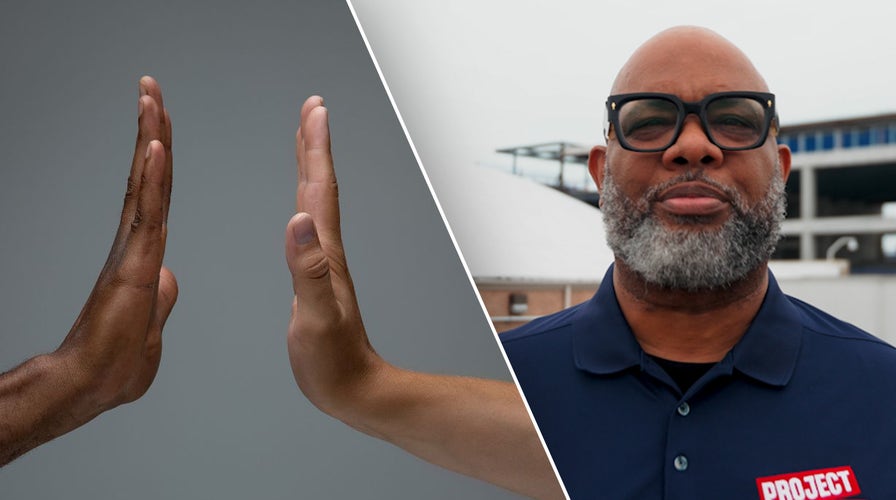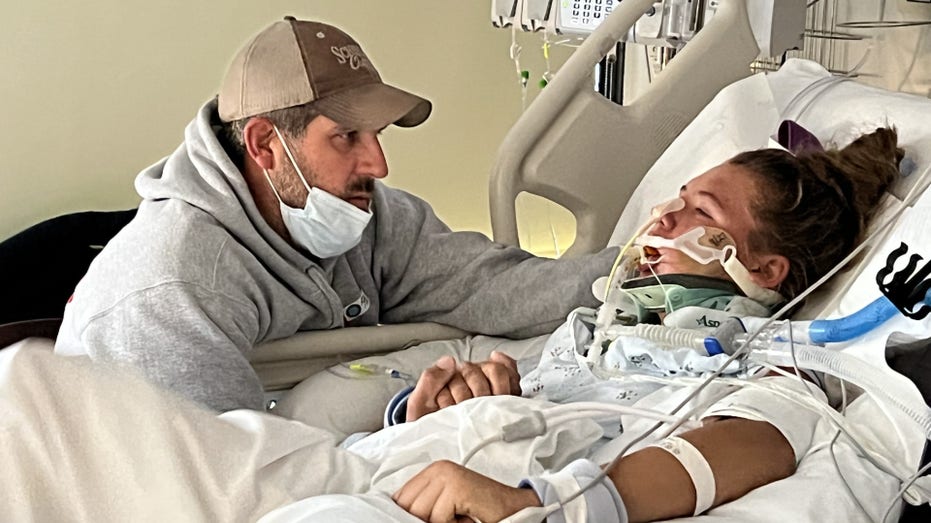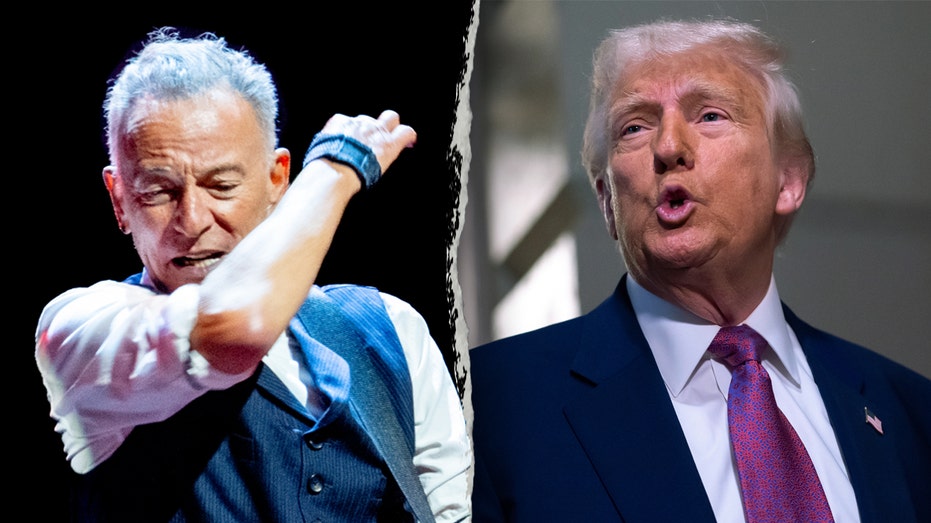America’s Race Card Obsession: When Tragedy Becomes Tribal Warfare

Sarah Johnson
April 22, 2025
Brief
A Texas teen stabbing sparks polarized media outrage, highlighting America's obsession with race, cultural tribalism, media double standards, and the loss of nuance in national discourse.
America’s national pastime isn’t baseball anymore—it’s playing the race card, and the stakes are heartbreakingly high.
When a black teenager named Karmelo Anthony fatally stabbed a white teenager, Austin Metcalf, at a Texas high school track meet, social media and the commentariat went wild—long before the facts had a chance to catch up. The names almost didn’t matter; their identities were quickly absorbed into the shouting match of black versus white, justice versus injustice. The actual people disappeared behind the color of their skin, and that’s the saddest magic trick American discourse knows.
The incident itself, according to police reports and witness statements, started with a dispute over who could be under a team tent. Words were exchanged, things escalated—one teen reportedly warned, "Touch me and see what happens," before being physically moved, at which point a knife was drawn and a young life was lost. The suspect, after being arrested, made no attempt to hide what he’d done, even wondering if his actions could be considered self-defense. The details are murky, but the outcome was instantly clear: a tragedy, and a fresh round for the culture warriors.
Instead of searching for understanding or due process, both sides of the media spectrum started swinging. Conservative voices bemoaned the lack of attention the case received, arguing that if the races were reversed, the outrage would be off the charts. And, to be real, that's a criticism with a point—double standards in media coverage are a thing, and we should call them out. But whether the altercation itself was racially motivated? With over 30 witnesses reportedly interviewed and facts still emerging, the answer is far from settled.
Meanwhile, the rhetoric ramped up. Matt Walsh, never one to miss a viral moment, made sweeping statements indicting an entire community based on this crime. That’s not just lazy—it’s dangerous. Turning a tragedy between two teenagers into a referendum on millions is how we slide further down the tribal rabbit hole. It’s reductive, it’s divisive, and honestly, it’s a way to make a living off other people’s pain from the comfort of a podcast booth.
And while some conservatives have long argued for seeing people as individuals rather than representatives of their race, that idea seems to have taken a back seat to playing team sports. The tribal right wants to score points against the tribal left, and vice versa, while the facts and the families get lost in the noise.
On the other side, some progressives rallied around the accused, raising funds and turning him into a symbol before all the facts were clear. Identity politics gets weaponized so fast these days it’s hard to tell where genuine compassion ends and clickbait begins. Even rumors about how the fundraising money was spent spread like wildfire, facts be damned. When there’s a juicy narrative on the table, who needs reality checks?
In the end, both camps seem more interested in winning culture war points than grappling with the ugly complexity of real life. The race card isn’t just in play—it’s the whole deck. And that, more than any individual tragedy, is the real shame here.
Topics
Editor's Comments
If America ever held a national championship for missing the point, the race debate would win gold and silver. Maybe next time, we could try listening first and hashtagging later—just imagine how weird that would be for the internet.
Like this article? Share it with your friends!
If you find this article interesting, feel free to share it with your friends!
Thank you for your support! Sharing is the greatest encouragement for us.



